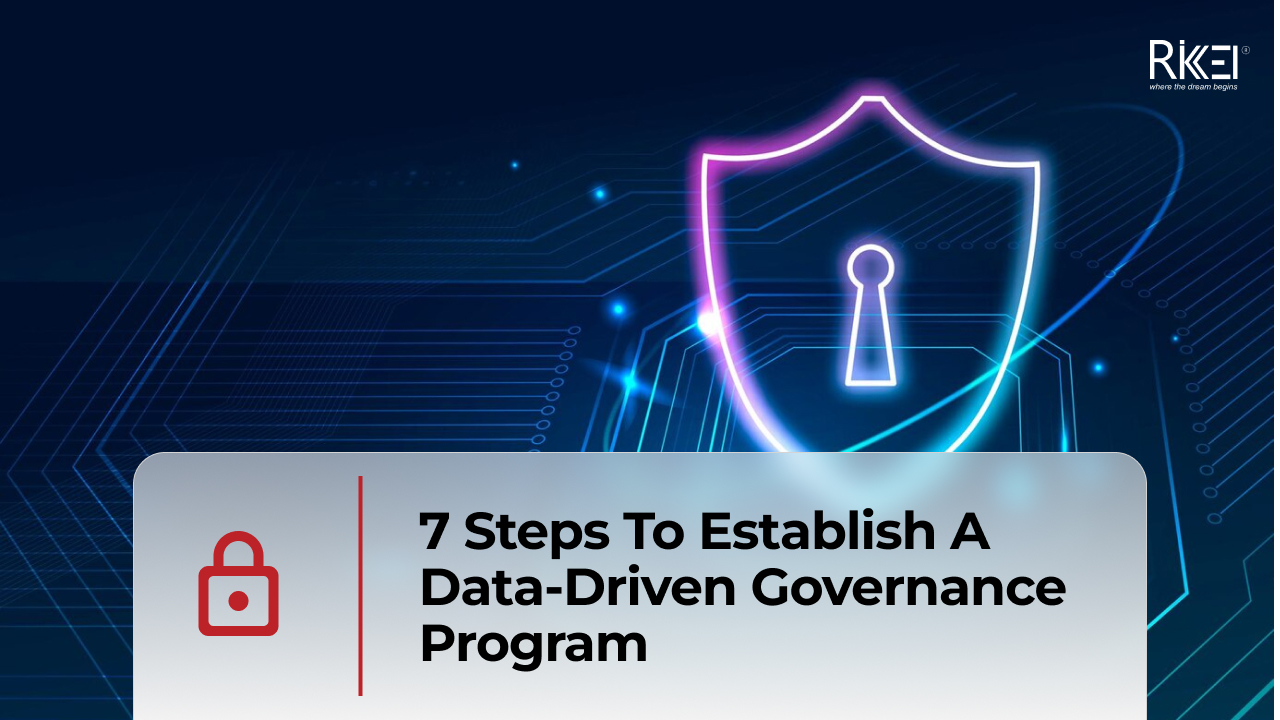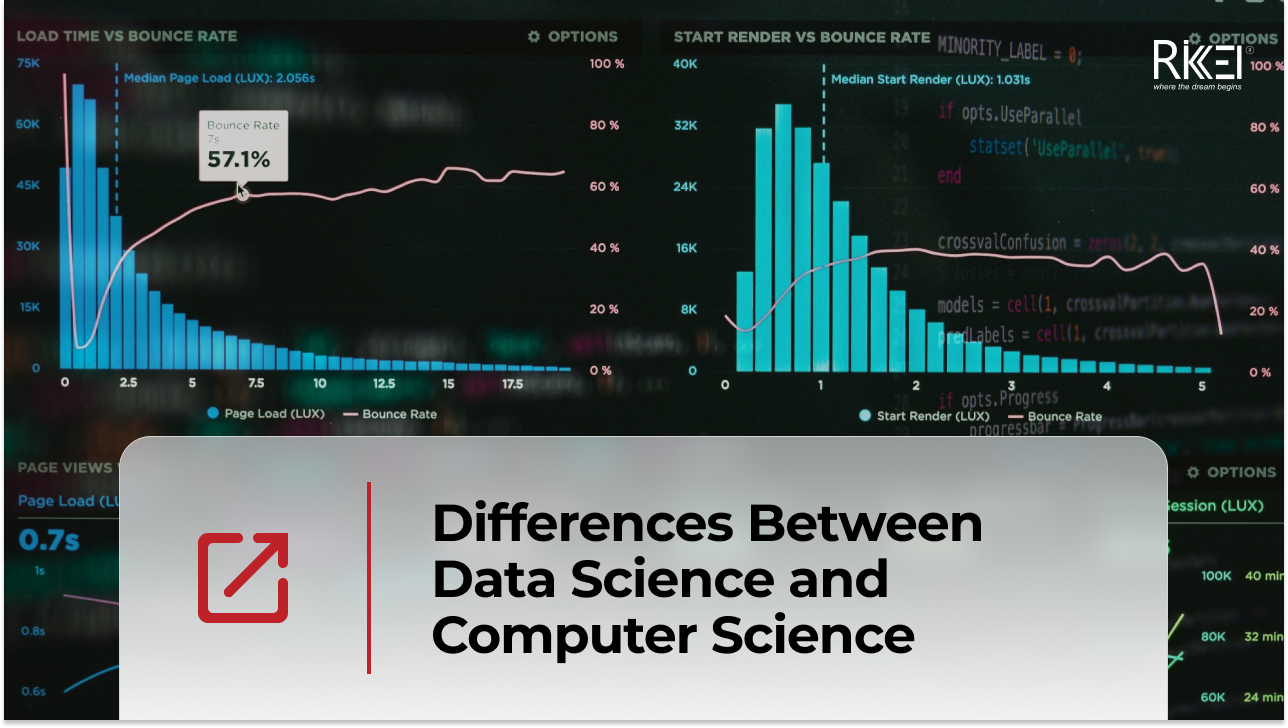10 Fintech Service Examples in 2023
Contents
In these hustle and bustle days, fintech has permeated into every corner of the world as a way to provide consumers with efficient and cost-effective solutions to their financial demands. It is revolutionizing the way people manage money and access financial services, making it easier and more convenient than ever before.
What Does Fintech Mean?
Fintech stands for financial technology, which is a term that describes the use of technology to improve financial services. This disruptive technology is reshaping the way we manage our financial needs through tools such as mobile banking apps, digital wallets, payment methods, and automated investment tools.
Moreover, fintech is improving security and user-friendliness in interfaces, providing access to products and services that were not previously available. With fintech, you can now manage your finances from the comfort of your home, giving you more control and convenience over your assets. Read on to learn more about fintech and its’ examples in 2023.
10 Examples of Fintech Solutions
1. Mobile Banking
Mobile banking is steadily growing in the fintech industry as more and more people use mobile devices to check their bank accounts, transfer money, and much more. Mobile banking is convenient, secure, and easy to use, allowing users to manage their finances effectively.
Mobile banking offers a wide range of features and services, including account management, balance transfers, bill payments…, and more. It also allows users to access their account information from anywhere with an internet connection. For example, users can check their balance or make payments directly from their mobile device without having to visit a physical bank or wait in line.
In addition to convenience, mobile banking can also help users keep better track of their financial transactions. With account management features, users can view their spending history and set up notifications for spending thresholds. This allows them to stay on top of their finances and make informed decisions regarding managing budgets.
2. Mobile Payment
Mobile payment is another good fintech service example in the industry. This application revolutionized the entire industry, allowing customers to make and receive payments using their mobile devices. This technology has made it easier for customers to pay for goods and services without having cash. With the help of mobile payment, businesses can securely process payments and offer customers a variety of payment options.
Mobile payment technology has massively changed the way customers interact with businesses. Customers no longer have to wait in line to pay for their goods, as they can now use their mobile devices to make payments hassle-free.
Moreover, mobile payment technology has improved the security of transactions, as it allows customers to pay without revealing their personal information. This fintech application is convenient, secure, and cost-effective, allowing merchants to accept payments without any additional hardware or software.
3. Blockchain
The advent of Blockchain technology in the fintech industry has changed how financial transactions are conducted. Blockchain is a distributed ledger technology (DLT) that offers a secure, transparent, and immutable way to record, store, and share data. It has enabled fintech companies to provide faster and more efficient services to their customers, which could be one of the examples of fintech solutions in the near future.
Blockchain technology has enabled the development of innovative fintech applications such as decentralized finance (DeFi), cryptocurrency exchanges, and digital wallets.
- DeFi is a form of financial technology that enables users to access various financial services without the need for a central authority and banks.
- Cryptocurrency exchanges are platforms that help users trade digital assets from diversified ecosystems.
- Digital wallets are digital storage solutions for a user’s digital assets, stated above.
4. Crowdfunding Platforms
Crowdfunding is an innovative fintech solution that helps businesses and entrepreneurs raise money more conveniently . By allowing individual investors to pool their resources to fund a project, crowdfunding has become a powerful way to finance new products and services.
Crowdfunding platforms include a simple donation system accompanied by rewards-based funding or equity-based investments. Many platforms offer additional services, such as marketing and analytics, to help businesses reach their fundraising goals.
Crowdfunding is an effective way to finance projects that may not be able to access more traditional sources of capital. It also allows entrepreneurs to access a much wider pool of potential investors than traditional methods. However, users need to notice that crowdfunding does involve risk, and returns are not guaranteed.
5. Insurtech
Insurtech is a rapidly growing field within the fintech industry. It involves using technology to improve the insurance industry, making it more efficient and customer-friendly. By leveraging the latest technological advances, insurtech can provide a more personalized and streamlined customer experience, improved customer service, and better pricing for insurance products.
Utilizing artificial intelligence (AI) and machine learning (ML) allows insurtech companies to provide more accurate risk assessments, resulting in lower premiums and better customer service. In addition, insurtech companies are able to leverage big data to better understand customer behavior, enabling them to provide more personalized insurance products and services.
Insurtech solutions are making it easier for customers to compare different insurance policies and purchase the policy that best suits their needs. Moreover, insurtech companies can quickly analyze customer data to identify the best policies and quotes by utilizing advanced analytics, made available through technological innovations in the field.
6. Regtech
Regtech, short for regulatory technology, combines technology and regulatory expertise to enable financial firms to automate compliance activities, reduce costs, and gain a competitive edge in the market.
Regtech helps companies stay ahead of the changing regulatory landscape, enabling them to proactively identify, monitor, and address compliance obligations. By using advanced technologies like artificial intelligence (AI), machine learning, natural language processing, and data analytics, regtech solutions can help firms quickly and accurately assess compliance risks and find solutions to prevent financial losses.
Regtech is another fintech service example that can help firms improve customer experience by providing them with more efficient and secure payment and transaction processing. Automating the process of meeting regulatory requirements saves firms time and money to focus on their core business activities.
7. Stock Trading
One of the most popular fintech service examples is stock trading, which allows people to buy and sell stocks and other financial assets. Stock trading is a great way to build wealth and diversify your portfolio, but it can also be risky if you need help figuring out what to do.
The use of fintech in stock trading has allowed investors to access the market at any time, from anywhere. With the advent of mobile applications and online trading platforms, investors can now manage their portfolios and trade quickly and conveniently. Additionally, fintech has enabled investors to access a wide range of data and insights about the stock market, allowing them to make more informed decisions and to understand better the risks associated with each stock.
8. Portfolio Management Platform
Portfolio management platforms are designed to help investors make informed decisions about their investments, allowing them to track performance, identify risks, and implement further strategies. With the latest technologies, these platforms can provide investors with the ability to access detailed financial information and analytics.
These platforms typically offer portfolio analysis, backtesting, and risk management tools that allow investors to track and analyze their investments over time. In addition, many platforms offer educational resources, such as tutorials, articles, and webinars, to help investors learn more about the markets and make better decisions.
9. Digital Lending and Credit
Digital lending and credit are essential facets of the emerging fintech industry. Digital lending refers to the use of digital technology to offer financial services, such as loans, to customers. Credit, on the other hand, is the ability to borrow money from a lender and then pay it back over time according to an agreed-upon schedule.
Digital lending and credit have become a fintech solution example due to the convenience and speed they offer to customers. With digital lending, customers can apply for loans, receive approval, and get their money quickly. Digital lending and credit are also beneficial for banks and other financial institutions, as they allow them to quickly assess the creditworthiness of their customers, enabling them to make quicker and more informed decisions about who to lend to.
10. Automated advisors
Automated advisors provide a wide range of services, such as portfolio management, investment advice, and asset allocation. These financial advisors can also offer personalized financial advice to clients who may not have the resources or the expertise to manage their own investments.
With automated advisors, clients have a cost-effective way to get professional advice and manage their portfolios. Additionally,automated advisors provide access to sophisticated algorithms which can analyze data and provide tailored advice to individuals. This can help investors to make better informed decisions about their investments and help them to meet their financial goals.
Rikkeisoft – Reliable Fintech Service Providers
If you want to incorporate fintech applications into your business but do not have the required knowledge or expertise to do it, outsourcing to a reliable service provider like Rikkeisoft is a viable option.
Rikkeisoft is a Vietnamese IT service provider and software development company with over 10 years of experience. We offer a wide range of technology and software development solutions in a myriad of industries, including financial services. We have experienced and certified teams providing innovative and cost-effective solutions to help you maximize your business’s potential, whether you are a large enterprise or an independent business.
More From Blog

August 8, 2024
Data-Driven Product Development: Strategy To Drive More Sales
As a business owner, you want your products or services to be well-received upon launch. The most effective way to create a product that satisfies a broad range of customers is to gain insights into their needs and behaviors from the outset. The key lies in data-driven product development, a strategy that many companies have […]

August 8, 2024
7 Steps To Establish A Data-Driven Governance Program
While data-driven approaches significantly benefit organizations in various ways, failure to govern the huge data sets will hurt your business even more. Effective data management also ensures data quality and security. That’s why there is an increasingly high demand for data-driven governance programs. Continue reading for a detailed guide! What Is Data-Driven Governance? Surprisingly, many […]

August 8, 2024
Data-Driven Business Transformation: 7 Steps To Follow
Data empowers businesses to make well-informed decisions in different departments, like marketing, human resources, finance, and more. As a business owner, you should also employ data-driven approaches to skyrocket productivity and efficiency. If you are still new to this concept, scroll down for an in-depth guide on data-driven business transformation. What Does A Data-Driven Business […]

August 8, 2024
Data-Driven Security: Transforming Protection Through Analytics
Cybersecurity was once an afterthought for most organizations. But in today’s digital landscape, it has become mission-critical. With this transformation has also come a shift in how security decisions are made. Rather than relying solely on intuition and tradition, leading organizations are embracing data-driven strategies. By using metrics and insights around threats, vulnerabilities, and more, […]

August 8, 2024
Differences Between Data Science and Computer Science
Data Science and Computer Science are distinct fields overlapping in certain areas but have different focuses and objectives. The article below will help you clearly understand the differences and the close connection between the two fields. What is Data Science? Data Science is an interdisciplinary field that combines scientific methods, processes, algorithms, and systems to […]

August 8, 2024
How Real-Time Data Analysis Empowers Your Business
In today’s fast-paced business landscape, the ability to quickly make data-driven decisions has become a key differentiator for success. Real-time data analysis, the process of analyzing data as soon as it’s generated, has emerged as a powerful tool to empower business across industries. By leveraging real-time data analysis, organizations can gain timely and actionable insights, […]

